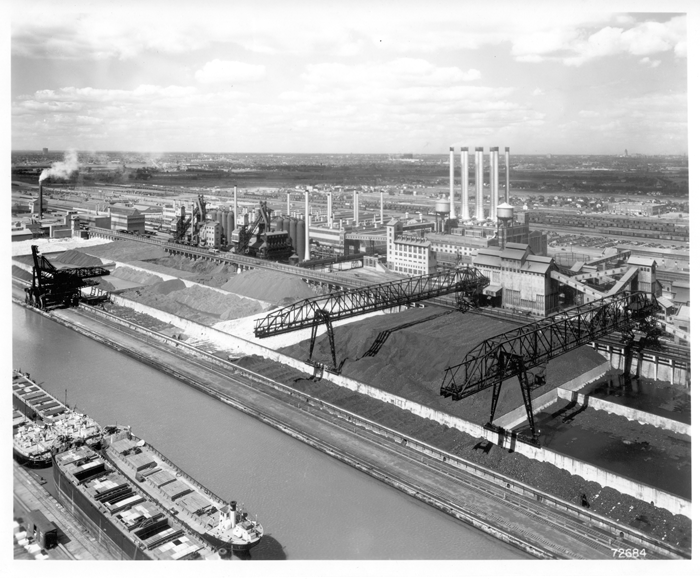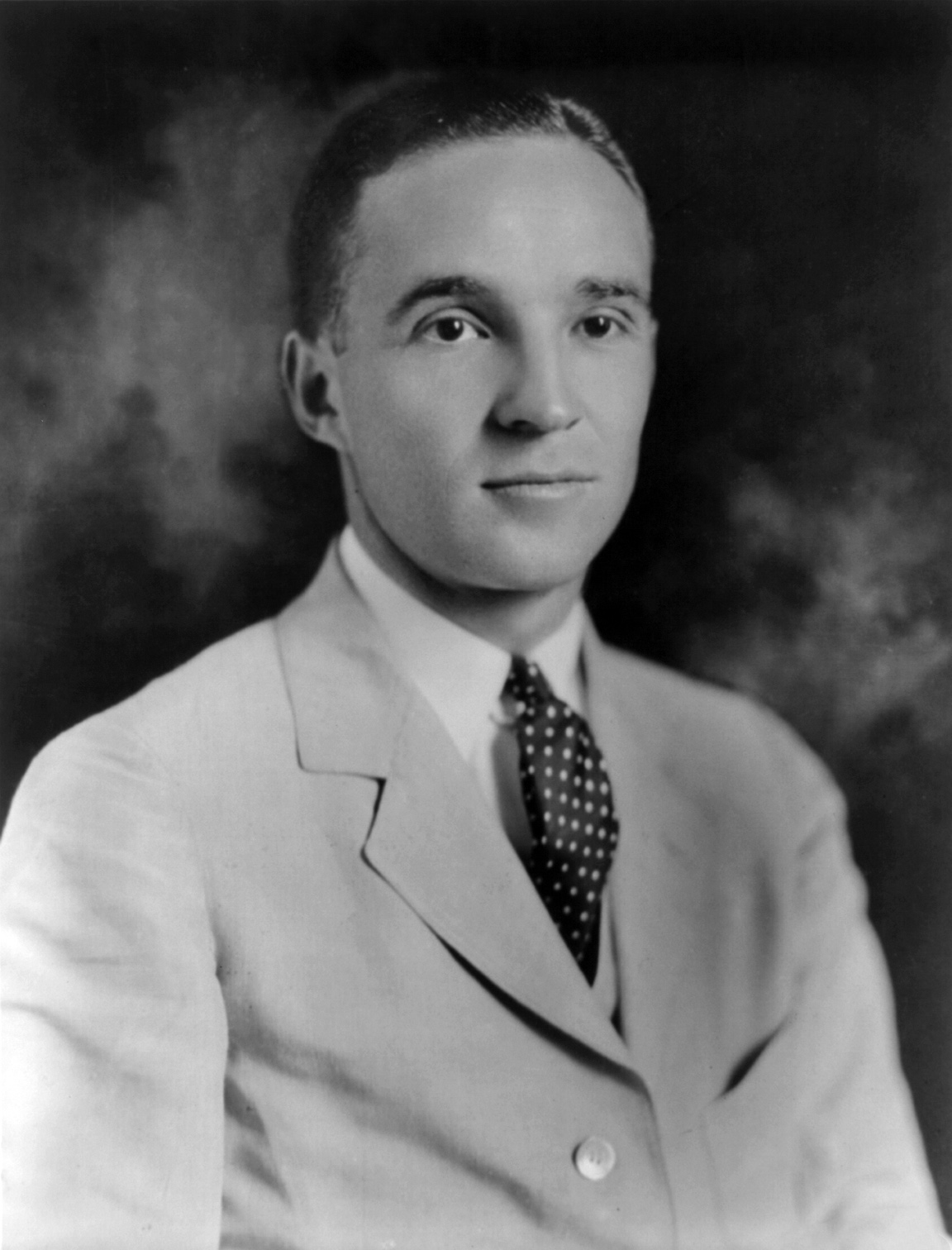 Because the job description of "leader" requires men and women to make tough decisions, they often become controversial figures, loved or loathed. Partisan accounts magnify their traits until they become bigger-than-life characters – their white shades brighter, their gray shades darker, than in the rest of us. These exaggerations compensate for the ultimate unknowability of human beings. The task of untangling the motives of another person becomes all the more difficult because, to survive public scrutiny, leaders often develop a tough hide and case-hardened personality. All these factors influence what biographers can accurately say about them. It is thus up to discerning researchers to detect hidden agendas, score settling, and ideological bias from the Left or Right. To learn what really makes a leader tick, it pays to search out the most objective accounts available.
Because the job description of "leader" requires men and women to make tough decisions, they often become controversial figures, loved or loathed. Partisan accounts magnify their traits until they become bigger-than-life characters – their white shades brighter, their gray shades darker, than in the rest of us. These exaggerations compensate for the ultimate unknowability of human beings. The task of untangling the motives of another person becomes all the more difficult because, to survive public scrutiny, leaders often develop a tough hide and case-hardened personality. All these factors influence what biographers can accurately say about them. It is thus up to discerning researchers to detect hidden agendas, score settling, and ideological bias from the Left or Right. To learn what really makes a leader tick, it pays to search out the most objective accounts available.Two years ago, the Detroit Historical Society put on display one of the most controversial leaders of the twentieth century, native son Henry Ford. Their leadership exhibit confronted head on the raft of contradictions inside this one complex individual. On the one (positive) hand:
“Henry Ford was perhaps the most famous man in the world during the first half of the twentieth century. He was greatly admired for bringing the Model T Ford to the masses and for providing good-paying jobs to immigrants and African Americans. He was also an innovator in many areas outside of the automobile industry.
“Many of Ford’s innovations radically changed the lives of working class people. By developing mass-production methods at his Highland Park plant, Ford lowered the price of a Model T Ford and produced a ‘car for the multitude.’ His path-breaking $5 a day pay (1914), which was double what factory workers earned at the time, enabled unskilled workers to enter the middle class.
“In a revolutionary move, Ford offered jobs at his River Rouge plant in Dearborn to African-American workers in the 1920s, where they toiled side-by-side with white workers and received equal pay. Ford became the single largest employer of African-Americans in the United States.”[1]
“Henry Ford was one of the most reviled men in Detroit and Michigan, mainly because of his treatment of his employees, his vehement opposition to labor unions, his political views, and his abusive treatment of his top managers, including his son, Edsel. Ford ran his automobile company in an extremely rigid and autocratic manner, routinely firing subordinates with no warning or explanation.
“In order for Ford’s workers to receive his famous $5-a-day pay rate, they had to prove themselves ‘worthy’ to inspectors of the Ford Sociological Department, which gave Henry Ford paternalistic control over his employees. To prevent his employees from forming labor unions, Ford created the Ford Service Department, a small army of strong-armed thugs who used violence and intimidation to prevent unions from developing in Ford’s factories.
“Ford didn’t shy away from making political statements. Through articles published in his newspaper, The Dearborn Independent, Henry Ford made anti-Semitism ‘respectable’ in the 1920s. In 91 consecutive issues, his paper blamed Jews for all of the world’s ills, a barrage that exposed Ford’s radical views and forever marked him as anti-Semitic. He also opposed American involvement in both world wars, yet secured lucrative military contracts once war was declared, leading some to view him as opportunistic.”[2]
In short, Ford’s complex character provides apprentice leaders with a case study that can teach much.
Henry Ford’s leadership best expressed itself in a boundless imagination -- an imagination that helped launch the so-called automobile revolution that in turn would be the catalyst for other major changes in the 20th century. It is difficult to overestimate the impact of Henry Ford on our modern world when it’s realized that he was active in so many areas: (1) In perfecting the moving assembly line – to six feet per minute – he raised mass production to a level that would make products affordable and ubiquitous to most citizens, thus changing our material world. (2) In paying much higher wages than was the norm, he helped workers enter the middle class, thus creating the blue-collar aristocracy that really could pursue the American dream. (3) In envisioning River Rouge, he created an entire industrial ecology – a totalist project that affected social organization, geography, etc. – on a scale never before seen. River Rouge was more than extending the logic of the assembly line; it was an Olympian feat, transgressing boundaries where only the gods had hitherto dwelled. (4) And in driving the automobile into the center of modern life, Henry Ford
- transformed the layout of cities,
- helped Americans conquer the vast spaces of their country both physically and psychologically,
- allowed individual men and women to make social as well as geographic declarations of independence,
- and even changed dating and courtship rituals, since young couples could escape the well-supervised Victorian parlor and sexualize the relationship much sooner.
 |
| Aerial view of the River Rouge complex south of Detroit. |
As with all good stories, there is a context to Henry Ford's too. The 1890s were a pivotal decade in our nation’s history. Hardly breaking a sweat, the U.S. fought a war against Spain and found it had become an international empire. But the seeds of a different kind of empire were being sown – a technological, economic empire. (Walter Lippmann had seen it coming.) Automobiles were fundamental to the transformation. In 1895 only four horseless carriages were on America’s streets. In 1917 there were almost five million; the new automobile was pioneering the way to “mass production” and dramatically changing social mores.
How did it happen? Men like Henry Ford came along, with remarkable imagination and passion and technical know-how. Ford was one of the pioneers of American “big business.” While he did not invent the assembly line, his way of manufacturing Model T’s took cotton gins and hog butchering to the next level. Ford tells us that his assembly line developed out of the “disassembly lines” that Chicago meat packers had developed in the 1870s, especially by Gustavus Swift and Philip Armour in Chicago [Divine 524-25]. And competitor Ransom Olds in Lansing, Michigan, adopted the assembly line, and in 1904 rolled out 5,000 Olds Runabouts.
Ford was indebted to all these pioneers yet would take the assembly line to the next level and thus change the auto industry and American manufacturing along with it. When you look at his humble beginnings, you could hardly have imagined. He had tried farming and hated it. In the 1890s he worked as an engineer for Detroit’s Edison Company but spent his spare time designing internal combustion engines and mounting them in horseless carriages. That is passion. In 1896, Ford produced a two-cylinder, four-horsepower automobile, the first of the famous line that bore his name. In 1903 he and several partners formed the Ford Motor Company. It would transform the business.
By the mid 1920s almost half of all the cars produced in the world were Model T’s, which Ford had been building since 1908.[3]
Postscript: Ford’s story unfolded in the last hundred years. Yet as I write these words, the American automobile industry is in crisis – in need of bold, creative vision to reinvent itself. In need of a new Henry Ford. One of the tragedies of the American story is how Detroit lost its imagination, vitality, and preeminence in shaping the world. Just one hundred years ago, Detroit was the Next New Thing. It was the technological frontier, the Silicon Valley of its day, forward looking, a young person’s laboratory of opportunity. The nascent auto industry was exciting. It attracted people of imagination and practical intelligence. The automobile changed the look of our cities, where we lived, how we worked, even the way we courted. Automobiles were mini declarations of independence. They gave ordinary people, for the first time, the means to challenge traditional limits of time and space. So it was revolutionary and it was chic. The birth of the auto industry was the beginning of a great American romance, and no man is more central to this romance than Henry Ford.
[1] “Hero?” in Hero or Villain? Metro Detroit’s Legacy of Leadership, Detroit Historical Society museum exhibit, 2009.
[2] “Villain?” in Hero or Villain? Metro Detroit’s Legacy of Leadership, Detroit Historical Society museum exhibit, 2009.
[3] Greg Grandin, Fordlandia: The Rise and Fall of Henry Ford’s Forgotten Jungle City (New York: Henry Holt, 2009), p. 1.


This comment has been removed by the author.
ReplyDeleteNice post! This is a very nice blog that I will definitively come back to more times this year! Thanks for informative post. henry ford quotes
ReplyDeleteexelent
ReplyDelete